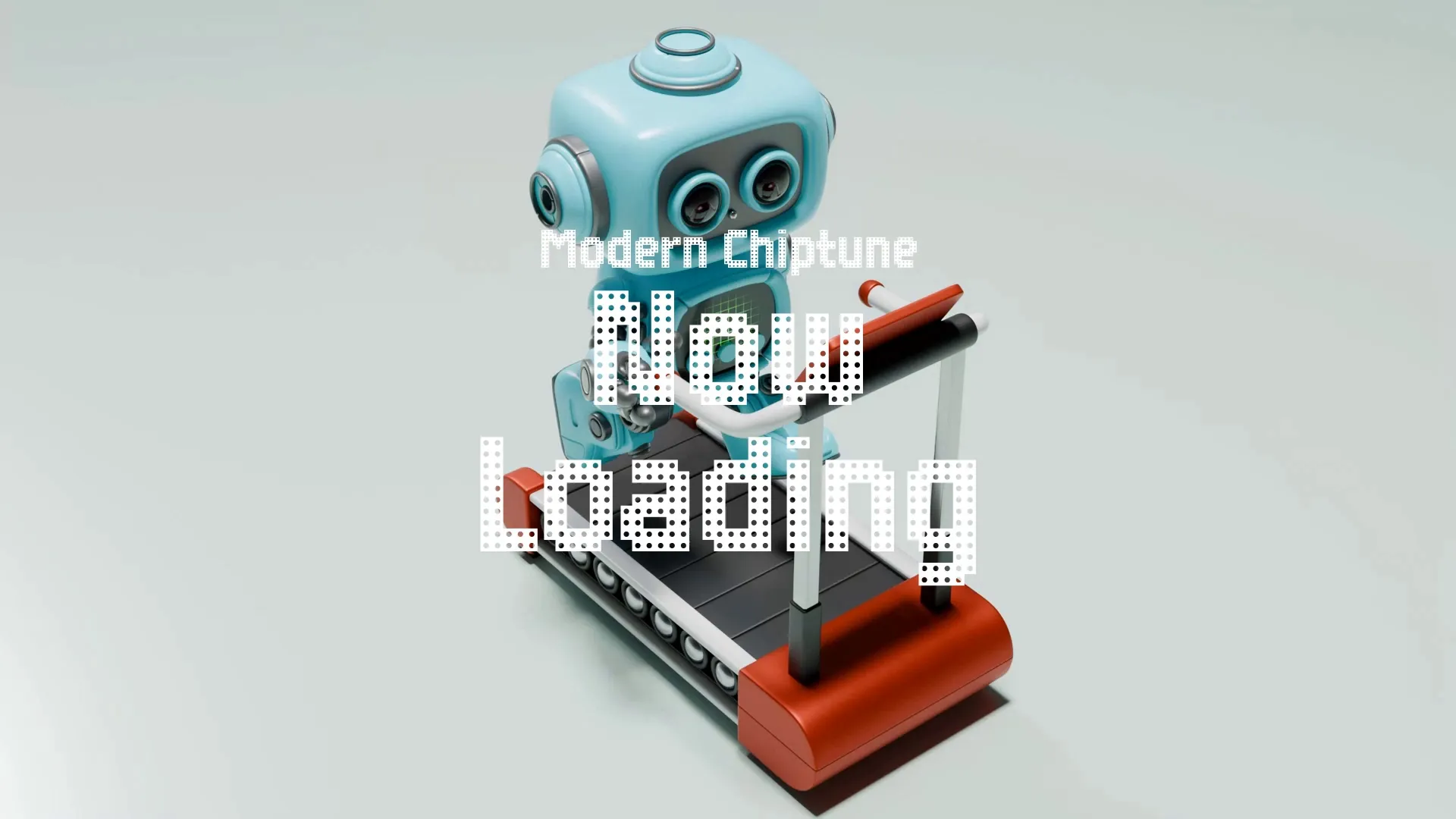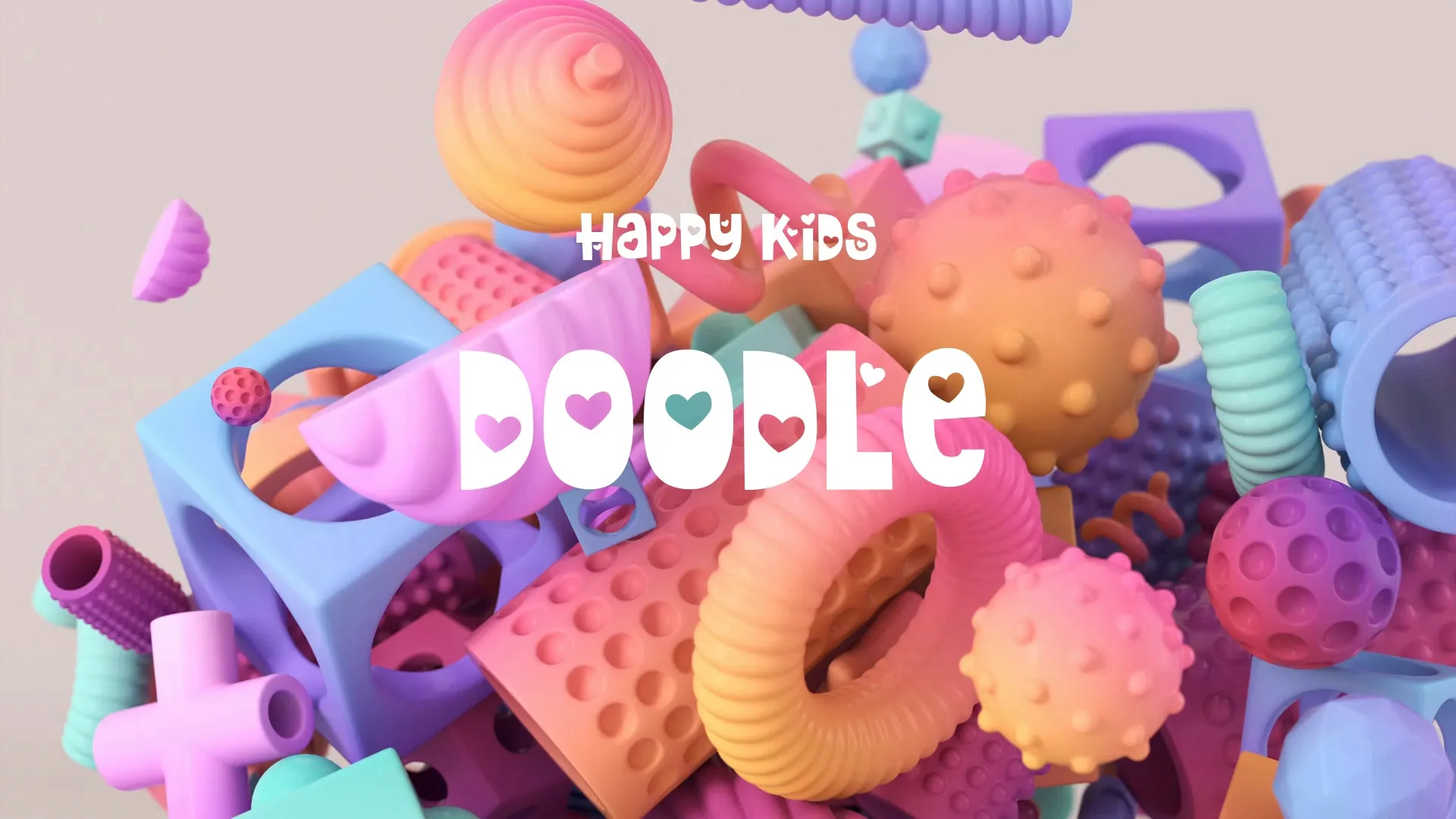Leveraging Early Access for Game Development: Converting Player Feedback into Actionable Insights
Early access is more than a pre-launch marketing tool; it’s a critical phase for refining your game with direct player input. Many developers enter early access without a clear strategy for handling the incoming wave of feedback.
Raw player feedback can be overwhelming and unstructured. The challenge lies in sifting through it to find meaningful, actionable insights that genuinely improve your game.
Setting the Stage for Effective Feedback
Before launching into early access, establish clear goals for what you want to learn from players. Define specific areas of your game you want feedback on, such as core mechanics, onboarding, or specific features.
Implement in-game feedback mechanisms that are easy to use and categorize. Consider dedicated feedback forms, bug reporting tools, or direct integration with community platforms like Discord.
Clearly communicate to your early access players what kind of feedback is most helpful. Guide them on how to report bugs or suggest improvements effectively.
Processing Raw Feedback: From Noise to Signal
Categorize incoming feedback immediately. Create tags for bug reports, feature requests, balance issues, UX problems, and general sentiment.
Look for recurring themes and patterns across multiple player reports. Individual anecdotes are less impactful than widespread observations.
Distinguish between subjective preferences and objective issues. While all feedback has value, some comments reflect personal taste rather than fundamental game flaws.
Consider the source and context of the feedback. Players with hundreds of hours might offer different insights than new players.
Converting Insights into Actionable Development Tasks
Prioritize insights based on severity and impact. Critical bugs or game-breaking issues demand immediate attention.
Translate high-priority insights into concrete development tasks. A vague comment like ‘the combat feels off’ needs to be broken down into specific actions, such as 'reduce enemy attack speed by 10%’.
Use a robust task tracker to manage these actions. Wayline’s Momentum helps organize tasks, track progress, and maintain focus, ensuring no critical feedback is lost.
Assign clear owners to each task derived from player feedback. Accountability is crucial for consistent progress.
Create a free account, or log in.
Gain access to free articles, game development tools, and game assets.























